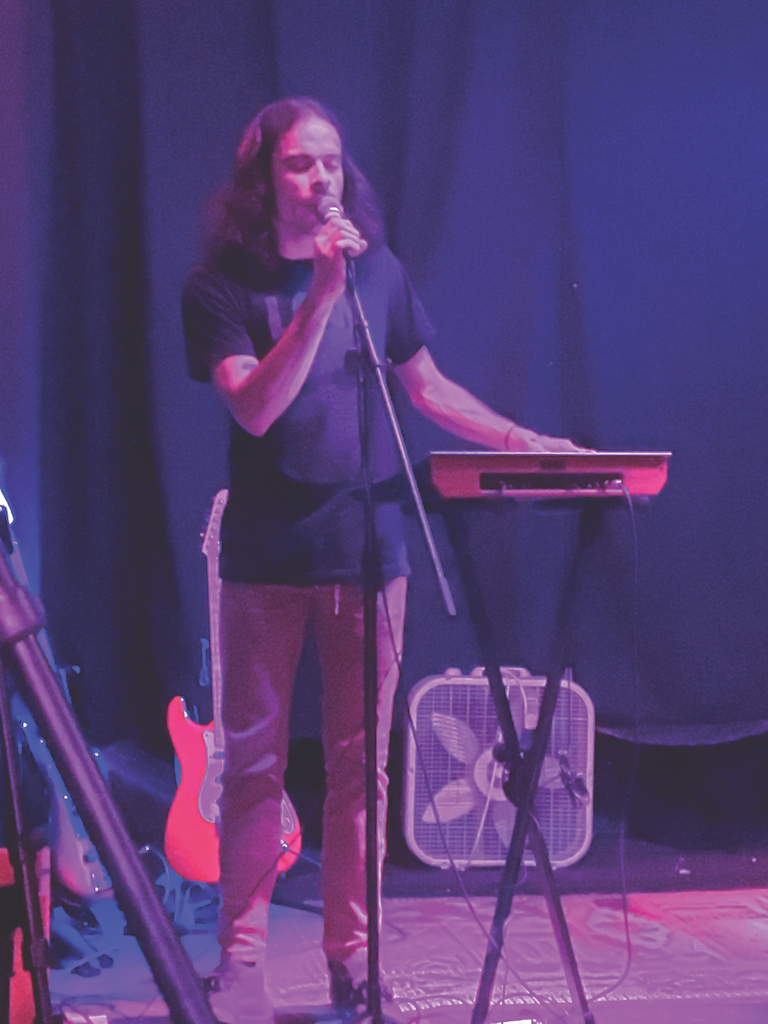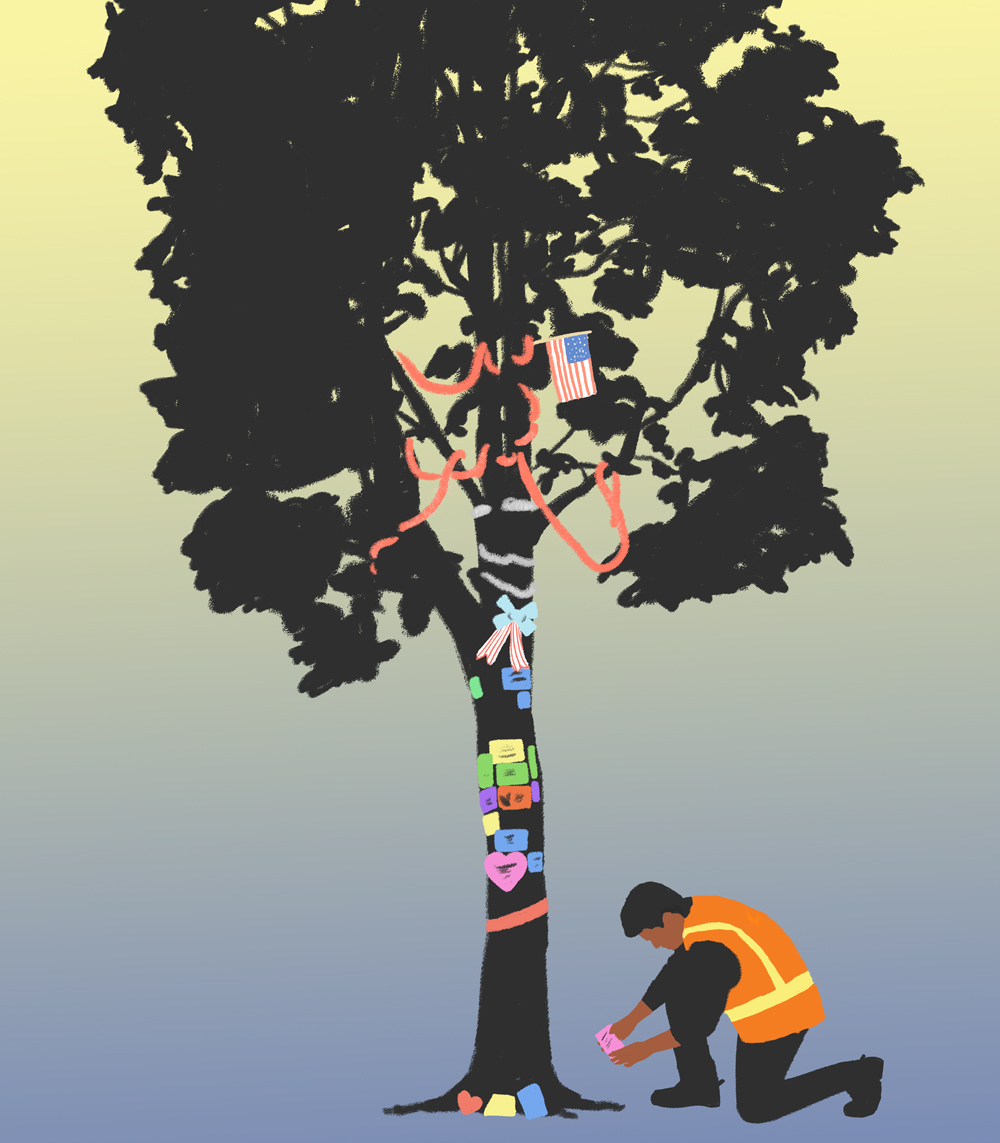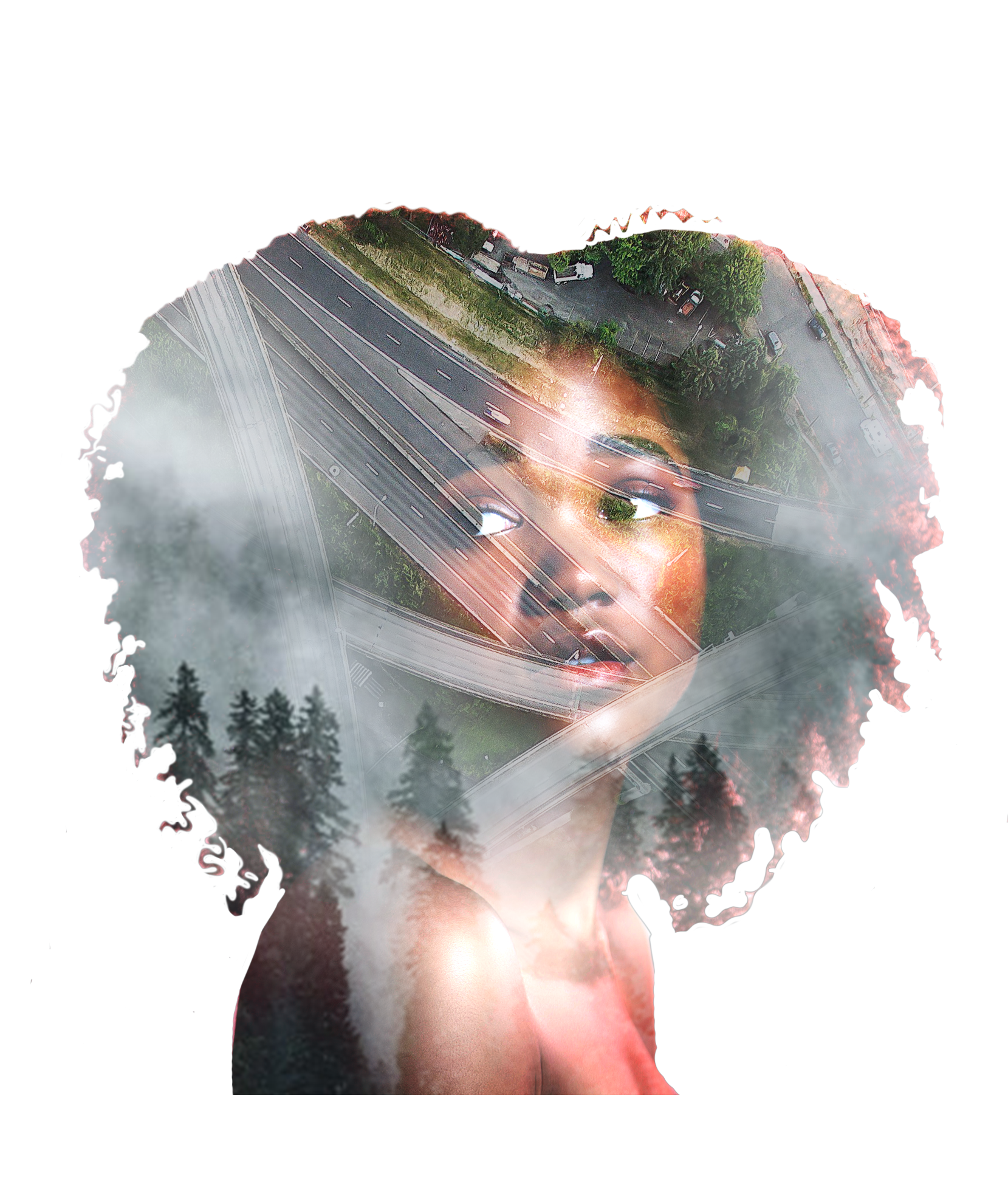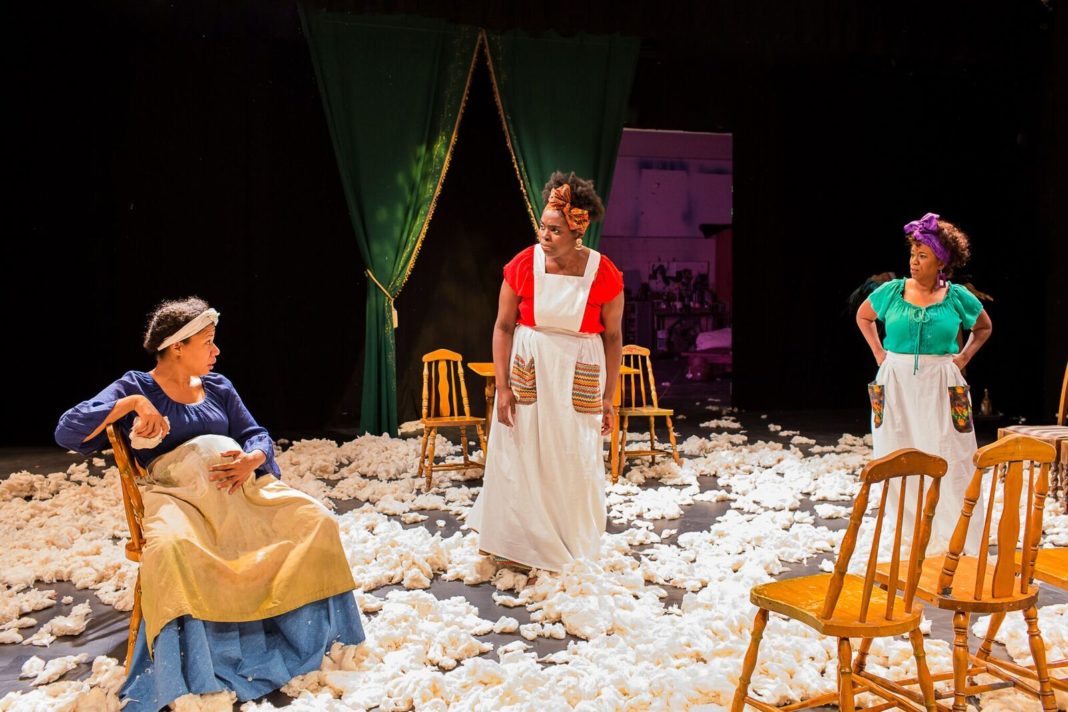Natalia Molina, American Studies and Ethnicity professor at the University of Southern California, discussed anti-immigration rhetoric and police killings of unarmed African-Americans, among other race-related issues in the United States.
Molina gave her talk on May 14 at Portland State, discussing a range of topics and ideas from her book How Race is Made in America: Immigration, Citizenship, and the Historical Power of Racial Scripts. In addition to being an American Studies and Ethnicity professor, Molina is also a professor of History, Latinx studies, Gender, Urban Studies and Public Health.
The talk underscored many pertinent discussions happening in America today. Molina started by sharing an old family photo of her and her older brother. She said when she was younger, she wanted to be more like him not only because he was charismatic but because he could more easily pass for being white. She used this example of internal racial dissonance to introduce her discussion about race in America.
“Race, like sex, can be a taboo subject,” she said.
Using an image from the U.S. census in 1850, Molina illustrated how ideas of race have changed over time. In 1850, there were only five categories for race in the U.S. census: white, Black, Mulatto, Black slaves and Mulatto Slaves.
“Because race and ethnicity change over time, I use the term racialized,” Molina said. “I like to think of a category of race—be it Mexican or Black or Mulatto—as a little box, and it’s shaped by time period, by economy, by politics, by culture. Because that’s a category that can change, I just use the term racialized to show it’s an active process.”
Her second key point was the idea of “racialized scripts,” a term Molina coined to describe the process of historically viewing all racialized groups as an interlocking network rather than as separate groups.
“It’s this little shorthand for us to understand race,” Molina said. “It’s a tool to help us see the connections among and across racialized groups, this relational nature of race.”
“Racial scripts highlight the ways in which the lives of racialized groups are linked across time and space and thereby affect one another even when they don’t directly cross paths,” she continued.
According to Molina, using racial scripts can help enrich our understanding of history.
“How might we think about using these ideas about relational racialized ideas in class?” Molina asked. “One thing is that many of us are trained to look at one racialized group at a time, that’s just the way we’re trained. We do African-American history, we do Asian-American history, or Native-American history or Mexican-American history—but what if we tried to look at these groups in relation to one another?”
After working through a range of historical examples, Molina jumped to a more modern example, referencing a recent article in The New York Times, entitled “Militia in New Mexico Detains Asylum Seekers at Gunpoint.”
The April 2019 article described a right-wing militia group operating out of Albuquerque, N.M. that is stopping migrant families at the border and turning them over to Border Patrol agents.
She compared it to another article in The New York Times from 1977 that discussed the similar Ku Klux Klan border patrol happening at that time.
“What happens at the border reflects ideas and structures and mechanisms that we think of as a thing far removed from time and space,” Molina said. “What happens at the border doesn’t just stay at the border. It’s also gonna be happening in our neighborhoods, and we need to recognize it for what it is if we have any hope for combating it.”
Friends of History—which sponsored the event—is a group of PSU faculty, staff and students who believe in sharing the PSU history department’s resources with the larger Portland community. Over the last seven years, they have hosted over 25 speakers.
Though the events hosted by Friends of History aren’t funded by PSU, admission is always free because of donations from the community.
“History isn’t something that we just read about in the books and that is confined to a classroom but something that we should all share in,” Molina said.






